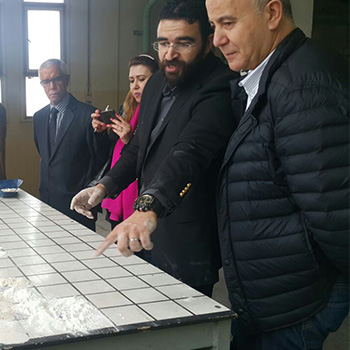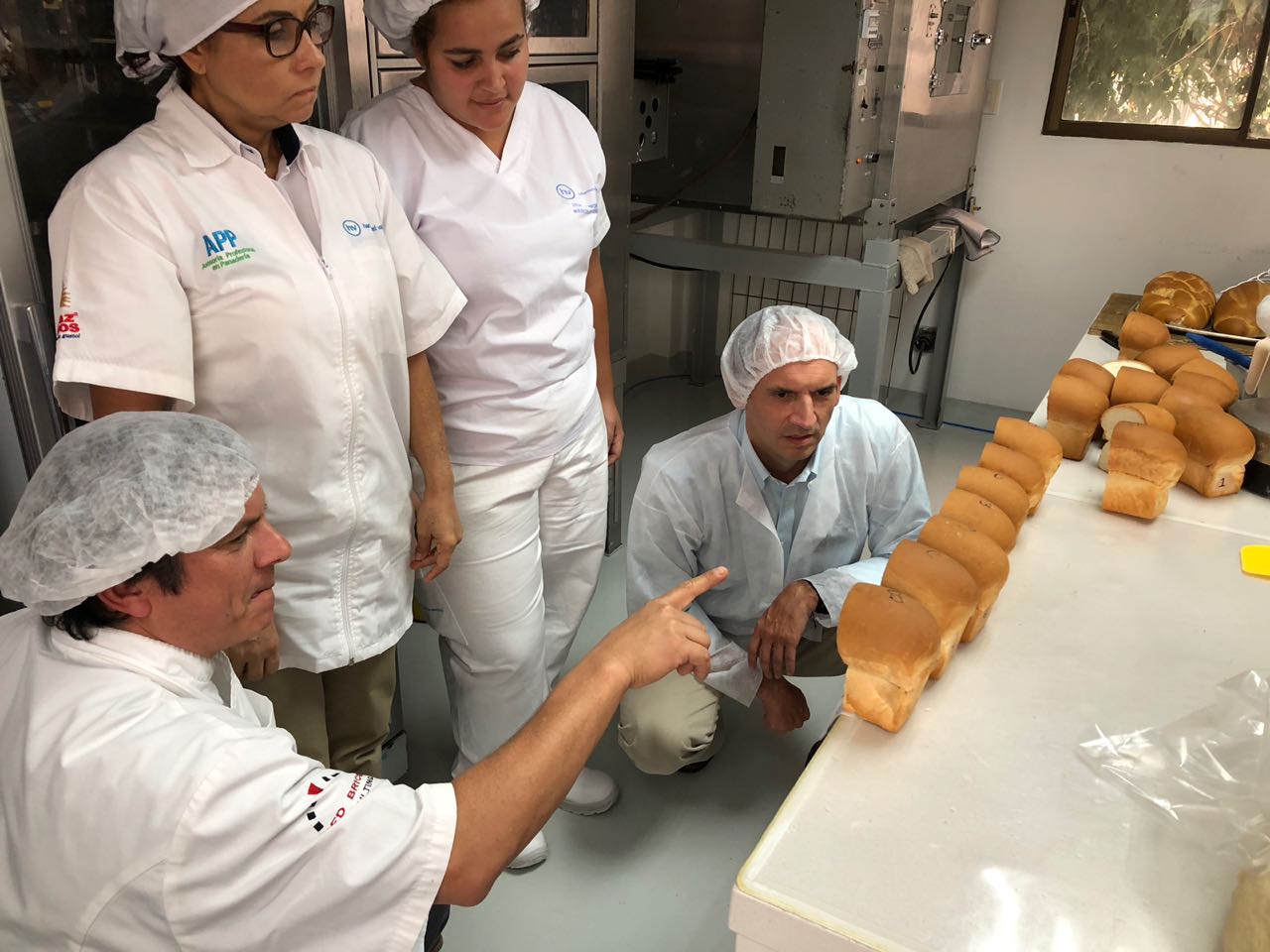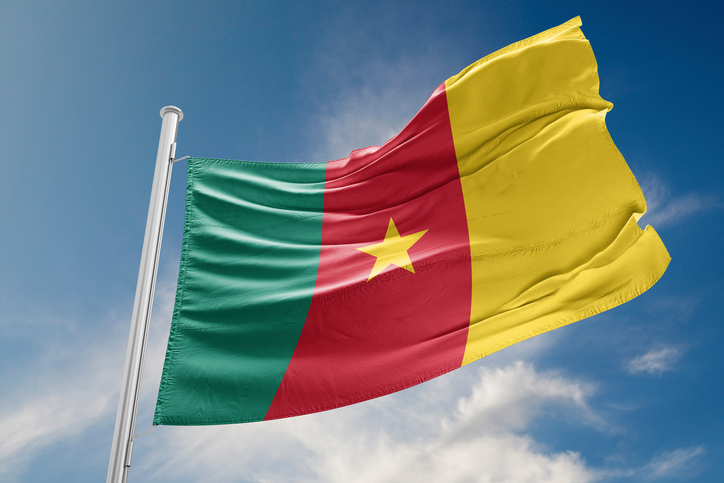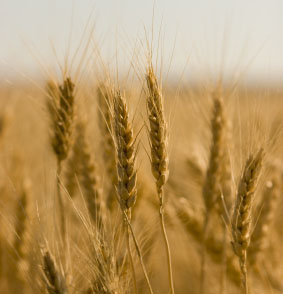USDA Foreign Agricultural Service cooperator U.S. Wheat Associates (USW) works closely with government agencies, both domestic and foreign, to ensure that free trade agreements (FTA) and tariff rate quotas (TRQ) are carried out and to help maintain a positive trading environment for U.S. wheat producers.
Moroccan wheat imports are subject to a TRQ for hard red winter (HRW), hard red spring (HRS) and durum wheat under a bilateral FTA with the United States. However, its implementation has faced difficulties due a difference in the interpretation of the agreement and corresponding administrative procedures. The TRQ annual amount varies, depending on the size of the local wheat crop. U.S. preference is calculated on a calendar year basis, so Morocco typically tenders for the entire TRQ amount at the beginning of the calendar year when U.S. wheat is usually not price competitive with other sources. This is a problem for U.S. wheat imports, especially when Morocco only typically launches one tender annually. The timing of the tenders often means Morocco meets the basic terms of the FTA but has no or low TRQ utilization for U.S. wheat.
In 2014, Morocco only allocated 9,000 metric tons (MT) of the 400,000 MT TRQ. That was the only year between 2011 and 2015 that our FTA partner purchased U.S. wheat under the TRQ. Morocco’s government buying agency did tender three times in 2016, but the 800,000 MT of U.S. HRW it did import was due to crop failure in Morocco rather than any substantial TRQ policy improvements.
USW staff based in Casablanca, Morocco, and Europe worked closely with trade policy staff at its headquarters in Arlington, Va., to collect all relevant information on historical tenders as well as rules and participation in FTA related activities. USW also outlined a detailed comparison between the U.S. FTA with Morocco and the FTA Morocco has with the European Union (EU), which showed unfair advantages to EU-produced wheat.
USW presented this information to the FAS and the Office of the U.S. Trade Representatives (USTR). USW, together with FAS and USTR, convinced Morocco’s Cereals Office (ONICL) to issue multiple tenders to fairly evaluate U.S. wheat under the TRQ at different periods during the marketing year.
Because of this trade service activity, funded in part by U.S. wheat farmers and with the Market Access Program (MAP) and Foreign Market Development (FMD) program, Morocco imported 360,000 MT of HRW during the first half of marketing year 2017/18 under the Morocco FTA, for only the second time in 11 years, representing the entire TRQ allotment for purchases of common wheat. The TRQ imports returned about $70 million to U.S. wheat farmers in the Southern and Central Plains and wheat export supply participants.





